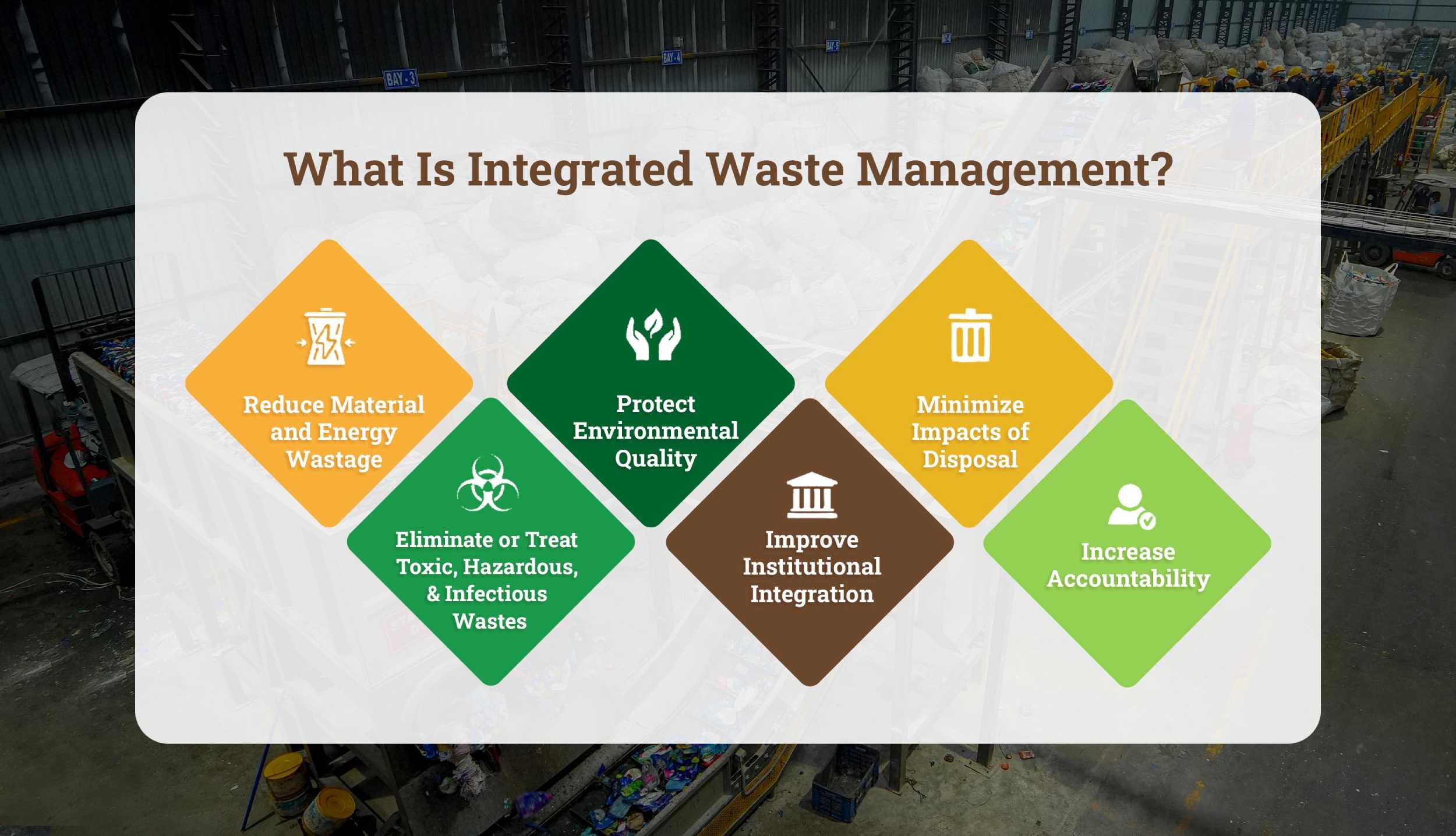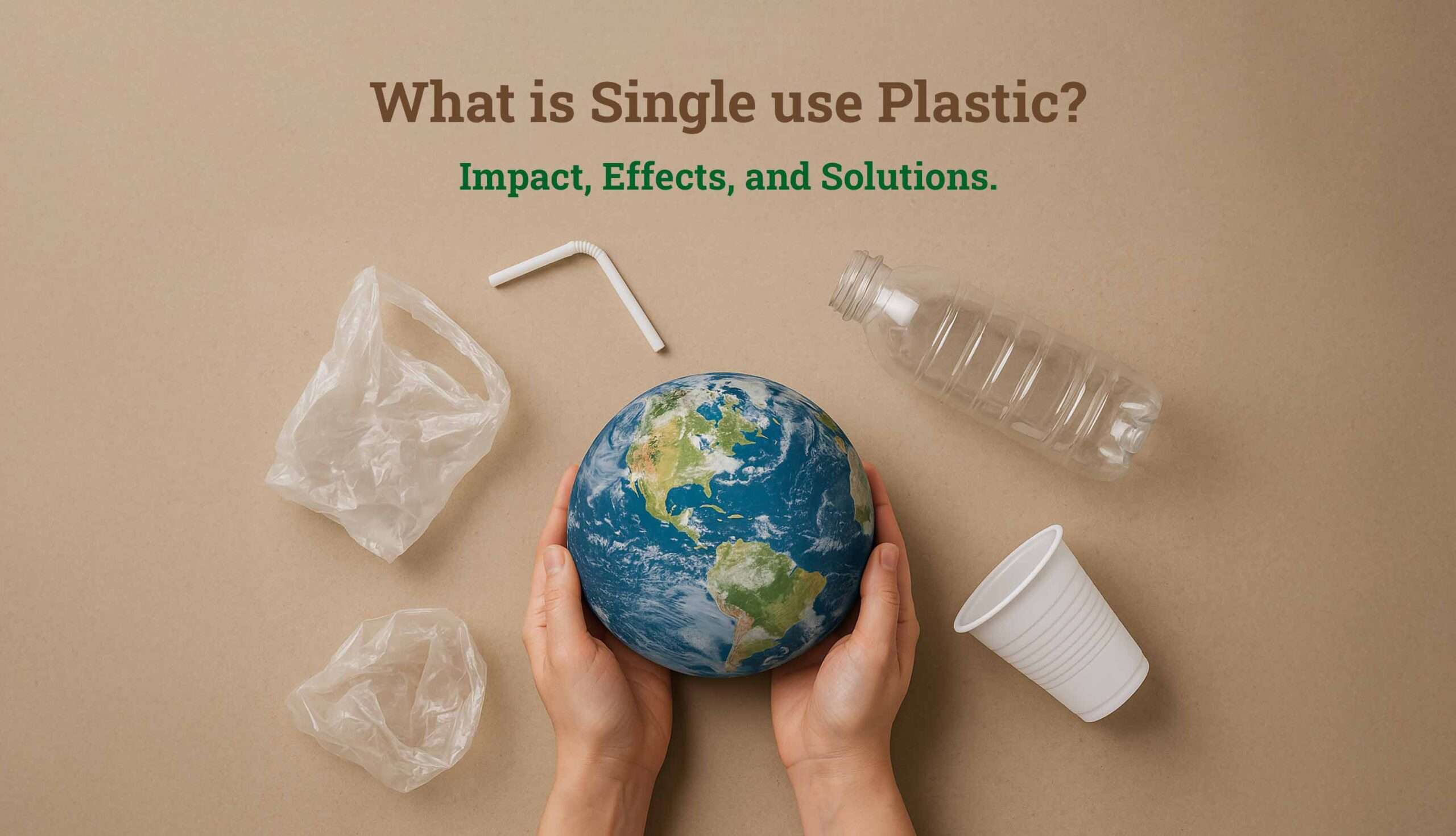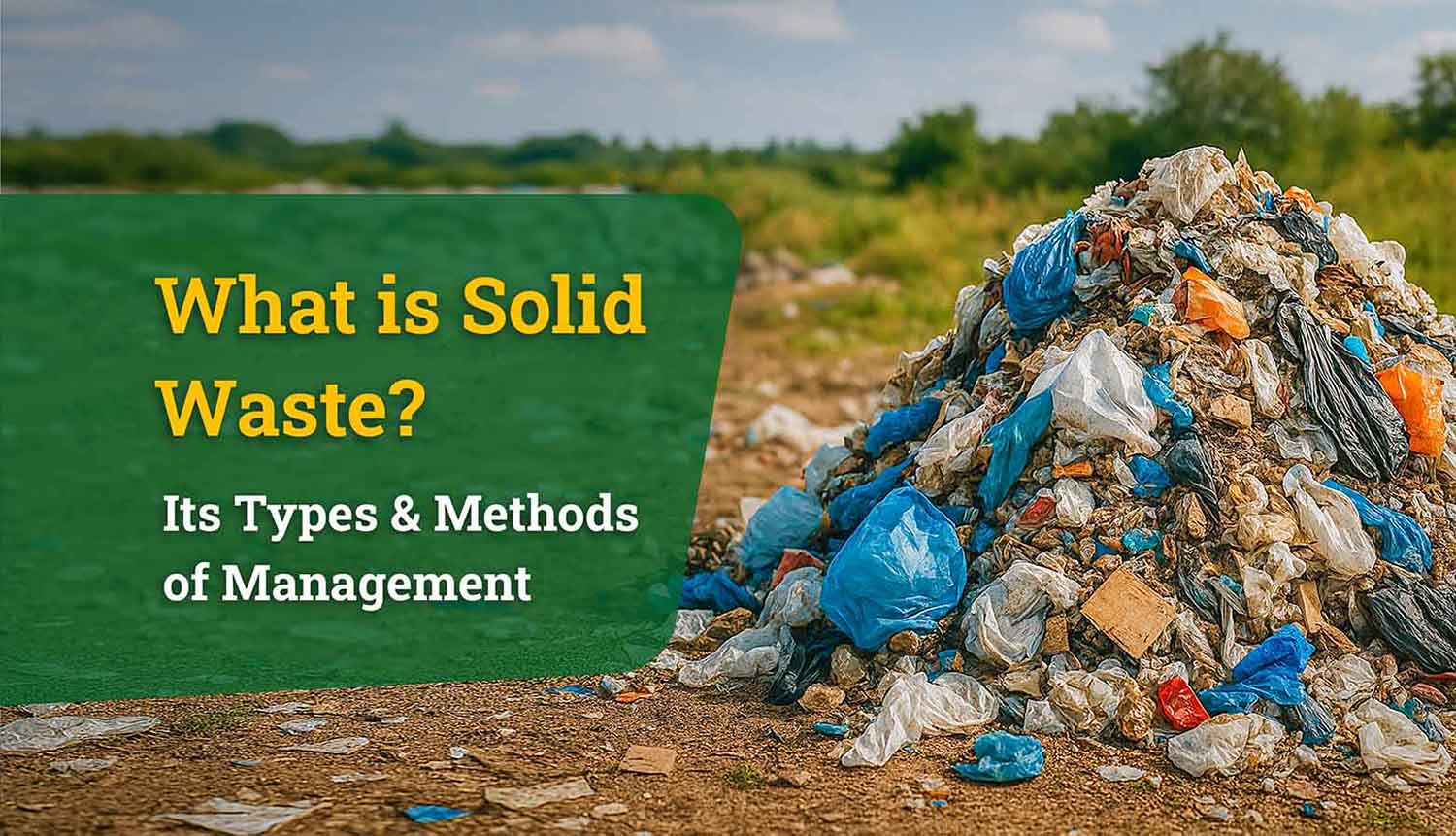Introduction
The use of plastic is widespread and ever present in our daily lives — from the plastic wrap that covers our food to lightweight components in cars and smartphones. The most basic component of this material, however, is plastic granules. Roughly the size of a grain of rice, these small pellets are the raw material that shapes everything used in daily life. The role of plastic granules is fundamental in making modern manufacturing possible, driving efficiency and innovation across various industries.
Plastic granules are made from polymers (such as polyethylene (PE), polypropylene (PP), or polyvinyl chloride (PVC)) that have the specific qualities of strength, flexibility, temperature resistance, or clarity. Yet just as global awareness of environmental issues grows, the plastic industry has come to a crisis point. As companies balance performance and sustainability, the tendency is to source recycled and biodegradable granules to reduce the quantity and structural waste as possible and minimize their carbon environmental footprint. In this article, we will define plastic granules, their types and applications, discuss fundamentals, explore common industry considerations for selecting them, and highlight new trends that are shaping this space as it continues to evolve.
What are Plastic Granules?
Plastic granules are the main raw material employed in the plastic manufacturing process. Plastic granules are small, pellet-like granules, the size of a grain of rice, made from various types of polymers, including polyethylene, polypropylene and PVC. The plastic granules serve as the building blocks of many different types of plastic products made within a range of sectors. Plastic granules are used in the production of bottles, casings for electronic devices, food packaging, medical equipment, automotive parts, and many other everyday industrial products. There is now a growing importance of recycled plastic granules owing to their versatility, durability and ease of processing.
Why Businesses Use Plastic Granules?
Businesses rely on plastic granules because they are versatile, cost-effective, and transportable. The application of plastic granules across industries is widespread. The automotive sector, technology sector, medical sector etc. use plastic granules extensively in their manufacturing process. Plastic granules offer business benefits of being flexible, durable and scalable for production.
What are the Plastic Granule Types?
There are six types of plastic granules, each with unique characteristics and designed to address industrial needs. The plastic granule types include the following:
LDPE (Low-Density Polyethylene):
LDPE is a plastic material that is very soft and flexible and is used in the manufacture of plastic bags, thin film, and containers. It even bears pressure, hence it is the most suitable for packaging.
High-Density Polyethylene (HDPE):
HDPE is more rigid and stronger than LDPE. HDPE is used extensively to manufacture products like milk jugs, detergent bottles, and lawn furniture. These plastic granules are tough in nature and possess excellent resistance to chemicals and impact.
LLDPE (Linear Low-Density Polyethylene):
Blending the rigidness of HDPE with the elasticity of LDPE, LLDPE offers a balance. It is universally used for films, stretch wraps, and plastic liners. Its flexibility allows a thinner material to be utilized without sacrificing strength.
PP (Polypropylene):
Polypropylene is a widely used plastic because of its heat resistance and strength. It is employed to make a broad range of products ranging from automobile parts, textiles, and medical equipment. Its strength and low water absorption make it fit for high-performance applications.
PVC (Polyvinyl Chloride):
PVC is a hard plastic and has widespread application in construction, such as in pipes, window frames, and vinyl siding. PVC is resistant to weather, durable, and an excellent electrical insulator. PVC can be made flexible as well when combined with plasticizers, and thus it is used in cables, flooring, etc.
PET (Polyethylene Terephthalate):
PET has the largest range of applications in making bottles and food packs, and in man-made fibers. It is clear and flexible with a good barrier for moisture and gas and hence can be a suitable option for packing.
Factors to Consider When Selecting Plastic Granules
While choosing plastic granules, companies must consider the specific properties they require for their products, i.e., strength, flexibility, and heat resistance.
Durability and Strength of Plastic Granules
Different types of plastic granules offer varying degrees of durability and strength. PP has excellent durability and chemical resistance properties, whereas PE is more flexible but weaker.
Environmental Impact of Different Plastic Granules
Businesses are now choosing recycled or biodegradable granules due to increasing environmental concerns. Biodegradable plastic granules break down in natural processes without a significant environmental footprint.
Cost Considerations for Businesses
Businesses must ensure that the plastic granules they use comply with industry regulations and standards, such as FDA approval for food packaging materials or ISO certifications.
The different types of plastic granules and the quality determines the price of granules. The use of recycled plastic granules can often be less expensive than virgin plastic granules for business.
Applications of Plastic Granules Across Industries
Granules made of plastic have widespread application across industries , such as those dealing with transportation, healthcare, electronics, and electrical engineering. A few such plastic granules industry applications are listed below:
- Due to their wear and tear resistance, resistance to damage, and resistance to harsh climatic conditions, plastics are used in the automotive sector. Different types of plastic granules like polypropylene and ABS make up the production of interior and exterior car parts like bumpers, dashboards, seats, airbags, as well as many more components.
- The medical sector is also another key target sector. Plastic is a material whose processing and making, when carried out well, meet particular standards of sterility, safety, and endurance. Consequently, different types of granules find use in making products like medications, surgical devices, and diagnosing tools.
- The technology sector is also full of applications for them. Plastic provides strength, lightweight, and flexibility to smartphones, tablets, computers, and cameras. The plastic granules industry plays a crucial role in supplying high-quality materials for these advanced technological products.
- Granules are mainly utilized in the electrotechnical sector to produce electrical and electronic components, out of which cables, connectors, covers, and switches. This is where plastic comes in really handy. Different types of granules are used in this sector as they can insulate, have high-temperature resistance, and chemical resistance.
Future Trends in Plastic Granules
Complete circularity should be given top priority in the future, which can be done by moving beyond just recycling to closed-loop systems where all plastic waste becomes new granules. In addition, to introduce standardized sustainable labeling which gives clear, universal labeling of granules based on their environmental impact. Finally, on-demand, localized granule production to be initiated which reduces transportation emissions and waste through decentralized production.
Conclusion
Plastic granules are vital, but their fate depends on being sustainable. Giving recycling, biodegradable materials, and plastic pollution reduction priority will guarantee continued usage while saving the environment. The plastic granules industry is evolving to adopt eco-friendly practices, ensuring a balance between industrial growth and environmental responsibility.
FAQ's
1. How are plastic granules made?
Plastic granules are made through pelletization. This involves melting raw plastic materials making them into long strands letting them cool and cut into small uniform granules that can be used as raw materials. To cater specific industry needs, the same process is followed to produce different types of plastic granules.
2. Can plastic granules be recycled?
Yes, they can be recycled. For this also the same methods involve cleaning, shredding, and melting. And then recycled granules are made and new plastic is manufactured. The applications and types of plastic granules and uses vary based on their recyclability as well as its usage.
3. Can recycled plastic granules be used in high-end applications?
The use of recycled plastic granules in high end applications depends on the quality of the plastic. Certain sectors have uses of plastic granules, such as medical devices and food packaging, which require stringent material attributes and approvals. Chemical recycling or high-purity mechanical recycling processes can yield granules with desired properties. Uses of plastic granules highly relies on their level of purity and compliance according to industry standards.

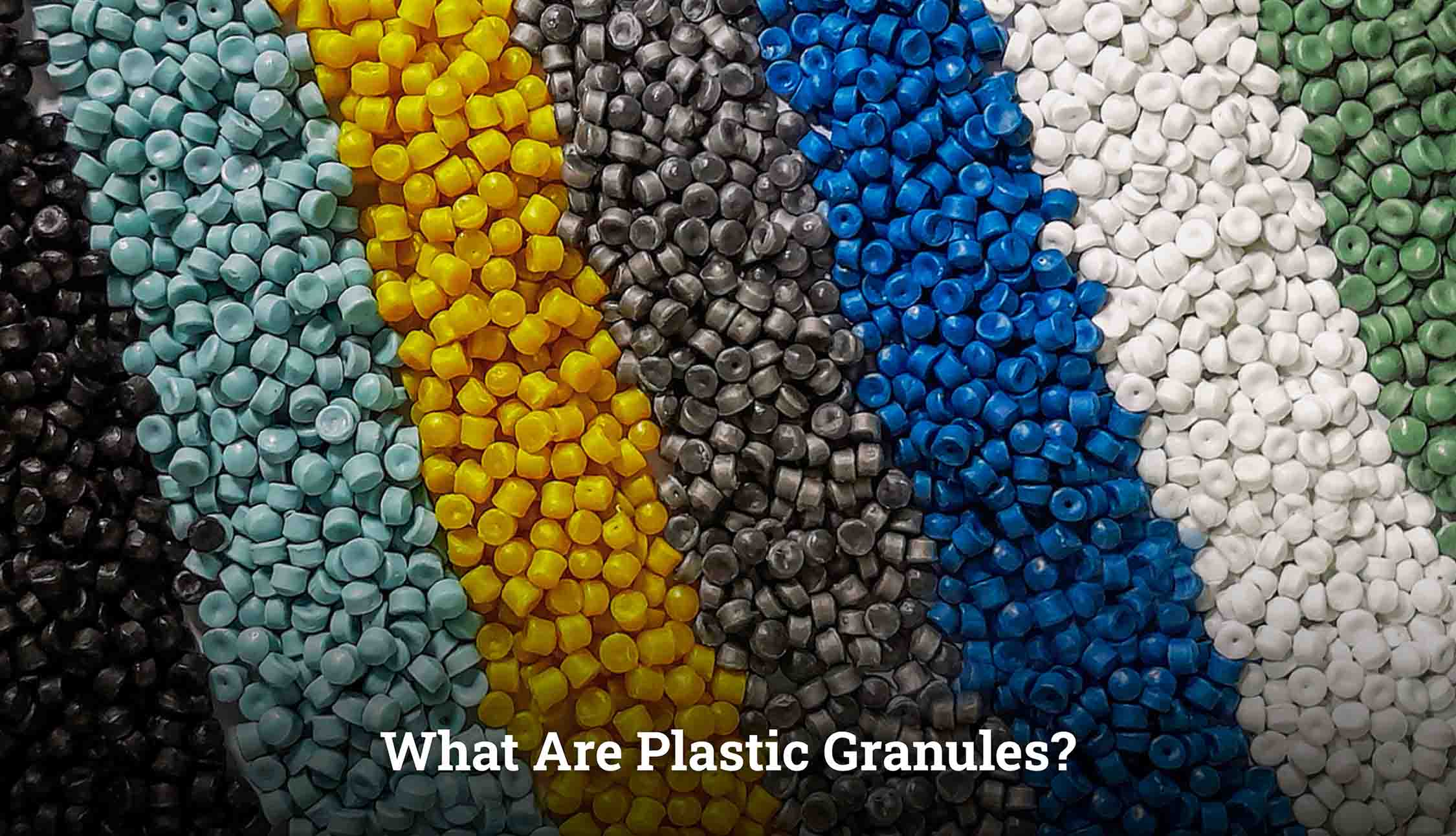
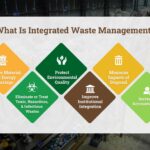 What Is Integrated Waste Management in India? And Why Is It Important?
What Is Integrated Waste Management in India? And Why Is It Important? Understanding Single use Plastic: Impact, Pollution, and Solutions
Understanding Single use Plastic: Impact, Pollution, and Solutions What Is Solid Waste and What Are Its Effects on the Environment?
What Is Solid Waste and What Are Its Effects on the Environment? Dry waste and wet waste management – waste segregation
Dry waste and wet waste management – waste segregation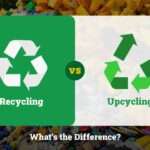 Recycling and Upcycling: What’s the Difference?
Recycling and Upcycling: What’s the Difference?
